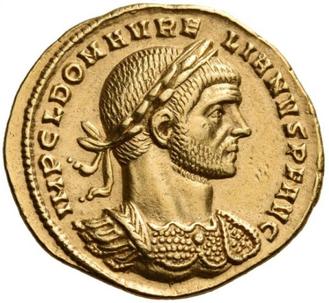
Bittersweet thank you notes - A post card of sorts from Rotary for continuing support to their Foundation. Doubt I have received a physical communication like this before, but then 2020 and 2021 have been that kind of years. 1/7 

I started 2020 with closing my consultancy, looking for opportunities outside Kerala. Daughter was growing up and she will get better opportunities outside once she grows up.
But I had to put that on the low burn due to the pandemic and the lockdown. 2/7
But I had to put that on the low burn due to the pandemic and the lockdown. 2/7
https://twitter.com/Arby_K/status/1234124931039813632?s=20
Once restrictions eased, I decided to take the year off since the 6 year old was at home and wife would be busy teaching online. Once the academic year was near close, I again went back on the job hunt. 3/7
https://twitter.com/Arby_K/status/1370336337727950848?s=20
But then came the delta wave. By the time things eased June was already over and the next academic year had already started. 4/7
Coming off from 9 years in owned business, a switch from entrepreneurship to work does not seem to be finding many takers in the job market, especially in these times.
While my Sent box is filled with applications, not many of them end up in my Inbox. 5/7
While my Sent box is filled with applications, not many of them end up in my Inbox. 5/7
These newsletters / reviews / threads give a semblance of normalcy, but overall I am still unsure where things are headed or what I need to do. 6/7
https://twitter.com/Arby_K/status/1436879793312739330?s=20
Thankfully, we are financially fine. Farmland ancestors bought a century ago provides decent rental income, since one of the city's arterial roads was built through it in early 2000s and made it prime commercial real estate.
But then again perhaps that's the issue. 🤷7/7
But then again perhaps that's the issue. 🤷7/7
• • •
Missing some Tweet in this thread? You can try to
force a refresh
















